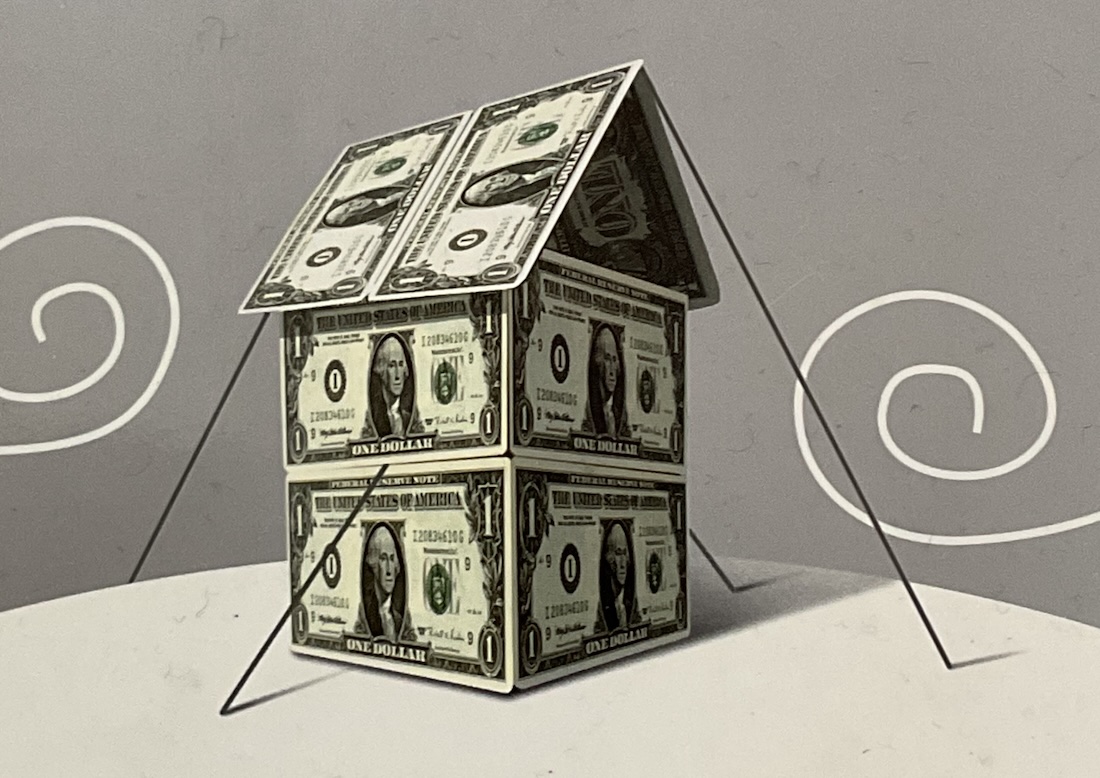Macro Voices Podcast: Highly Recommended

Posted May 6, 2016
I highly recommend you listen to this free MacroVoices podcast. It explains the real origins of our global economic crisis. It also describes how the crisis is likely to play out during the years ahead.
Richard Duncan: What the history of monetary policy tells us about our future
Erik Townsend welcomes Richard Duncan to MacroVoices. Erik and Richard discuss:
- The events in world history which have led to increased government spending and record debt
- The catalysts that made everything “pop” in 2008
- How QE works, who benefits from it, and how likely it is to persist
- The results of having a government directed economic system for over 76 years
- Unique conditions which allowed extraordinary policy from the Fed, and how the US could capitalize on them
- The looming threat of war increasing due to a “need” for increased government spending
- The alternative forms of government spending we could see in lieu of war
- The possibility, and likely futility of “helicopter money”
- Why we won’t see the end of the USD’s role as world reserve currency anytime soon
- And fistfuls of more good stuff…
The interview begins at minute 17.
Here’s the link to the podcast:
http://www.macrovoices.com/166-richard-duncan
To subscribe to Richard Duncan’s video-newsletter, Macro Watch, click on the following link:
http://www.richardduncaneconomics.com/product/macro-watch/
For a 50% subscription discount worth US$250, hit the “Sign Up Now” tab and, when prompted, use the coupon code: voices
You will find more than 24 hours of Macro Watch videos available to watch immediately. A new video will be added approximately every two weeks.
Finally, if you find this blog useful, please share it with your colleagues and friends.


Excellent Podcast!
While I understand globalization has reduced worldwide inflation by providing companies all over the world easy access to the lowest possible cost of labor, I don’t hear much in your discussions about the impact of automation and technology replacing labor. I would love to see a discussion on the economic impacts of this. It seems that me that it is accelerating income inequality. Low interest rates and initiatives to increase the minimum wage and increases in healthcare and other employee-related costs give companies a huge incentive to invest in technology that replaces workers.